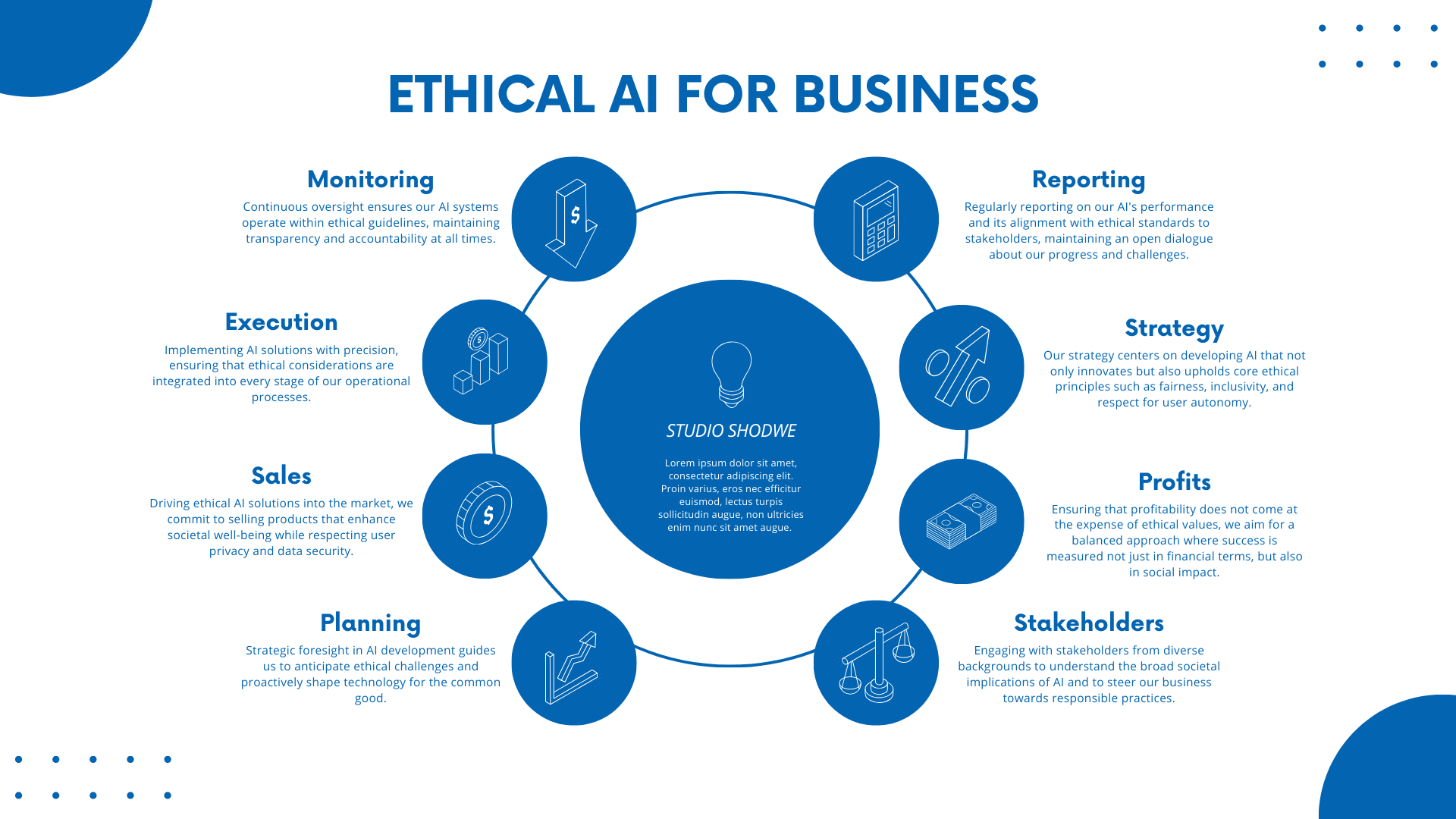Software Consultanting Services - A plan for success - Part I
Content:
- Introduction
- Software Selection and Integration
- App Development
- In-House vs. Vendor vs. Internal Hiring
- Cloud and AI-Powered Solutions
Hiring a software consultant that specializes in software solutions, integration, and app development in today's Cloud, AI-powered, and mobile app marketplace is an exciting venture.
To help you outline the tasks and areas of consultation that you can offer to businesses, here's a comprehensive list of top-of-mind tasks:

Software Selection and Integration
Software Assessment:
-
Evaluate the business's needs and goals to identify the right software solutions.
-
Analyze existing software systems for compatibility and integration opportunities.
Vendor Selection:
-
Assist in selecting the most suitable software vendors based on budget, features, and support.
Integration Strategy:
-
Develop a roadmap for integrating various software applications seamlessly.
-
Ensure data flows efficiently between different software systems.
Customization and Configuration:
-
Customize software to align with specific business processes.
-
Configure settings and permissions for optimal functionality.
API Integration:
-
Identify APIs (Application Programming Interfaces) for integrating third-party tools and data sources.
-
Implement API connections for enhanced functionality.
Data Migration:
-
Plan and execute data migration strategies from legacy systems to new software.
-
Ensure data integrity and minimal disruption during the migration process.
Security and Compliance:
-
Implement security measures to protect sensitive data.
-
Ensure compliance with industry regulations and data privacy standards.
App Development
Mobile App Strategy:
-
Define the mobile app's purpose, target audience, and key features.
-
Choose the appropriate mobile platform (iOS, Android, or cross-platform development).

UI/UX Design:
-
Create user-friendly and visually appealing app designs.
-
Ensure a seamless user experience (UX) through intuitive navigation.
Development Frameworks:
-
Select the right development framework (e.g., React Native, Flutter) for cross-platform app development.
-
Choose native development for platform-specific advantages.
Prototyping and Wireframing:
-
Build prototypes and wireframes to visualize app functionality and design.
-
Gather feedback from stakeholders to refine the app's concept.
App Development and Testing:
-
Develop and code the mobile app features.
-
Rigorous testing to identify and resolve bugs and performance issues.
API Development:
-
Build APIs to connect the mobile app with backend systems and databases.
-
Ensure data communication is efficient and secure.
Deployment and Launch:
-
Deploy the mobile app to app stores (Google Play Store, Apple App Store).
-
Plan a successful launch strategy, including marketing and user onboarding.
Maintenance and Updates:
-
Provide ongoing support, updates, and bug fixes for the mobile app.
-
Implement feature enhancements to meet evolving user needs.

In-House vs. Vendor vs. Internal Hiring
Resource Assessment:
-
Evaluate the current team's capabilities and resources for software development and integration.
-
Determine whether the business has the internal expertise to handle projects.
Cost-Benefit Analysis:
-
Conduct a comprehensive cost-benefit analysis of in-house development, vendor outsourcing, or hiring internally.
-
Consider short-term and long-term costs, including salaries, benefits, and project expenses.
Scalability:
-
Assess the scalability of in-house teams versus external vendors for handling future growth and projects.
Risk Analysis:
-
Identify potential risks and challenges associated with each approach.
-
Develop risk mitigation strategies to minimize project disruptions.
Vendor Selection and Management:
-
Assist in selecting and managing external vendors, ensuring they align with the business's goals and standards.
-
Establish Service Level Agreements (SLAs) and expectations for vendor performance.
Internal Team Building:
-
Advise on building an internal software development team, including recruitment, training, and skill development.
-
Provide guidance on team structure and roles.

Cloud and AI-Powered Solutions
Cloud Adoption Strategy:
-
Define a cloud adoption strategy, considering public, private, or hybrid cloud solutions.
-
Ensure scalability, reliability, and cost-effectiveness in cloud infrastructure.
AI and Machine Learning Integration:
-
Identify AI-powered applications and machine learning algorithms that can enhance business processes.
-
Implement AI solutions for automation, predictive analytics, and data-driven decision-making.
Data Analytics and Insights:
-
Utilize AI and data analytics to extract actionable insights from large datasets.
-
Improve business intelligence and strategy with data-driven recommendations.
Chatbots and Virtual Assistants:
-
Implement AI-powered chatbots and virtual assistants for customer support and engagement.
-
Enhance user experiences with conversational interfaces.
Security and Compliance in the Cloud:
-
Ensure data security and compliance when utilizing cloud and AI technologies.
-
Implement robust security measures and monitor for potential threats.
By offering consultation in these critical areas, your consulting company can empower businesses to navigate the complex landscape of software selection, integration, and app development in today's Cloud, AI-powered, and mobile app marketplace.
Your expertise will be invaluable in helping businesses make informed decisions, optimize processes, and stay competitive in the digital age.
Please reach out to us with your specific requests for an AI app and we can make it a reality.